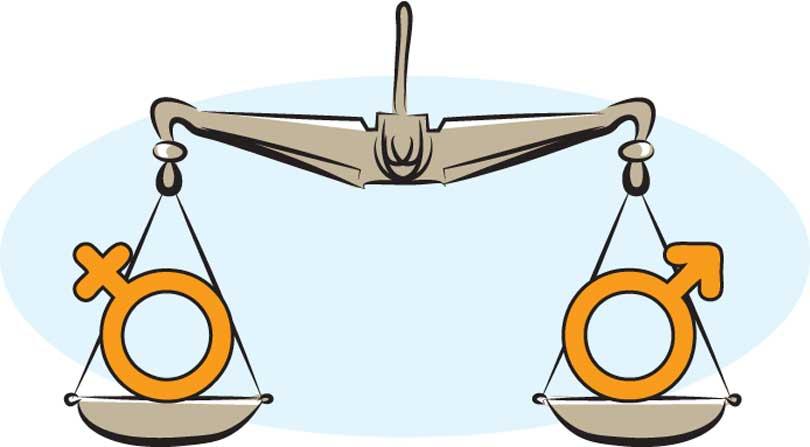Reply To:
Name - Reply Comment

On Sunday March 1, the United Nations marks “Zero Discrimination Day” and the 2020 theme is ‘zero discrimination against women and girls’. The UN says the day is universal in nature and does not confine itself to HIV or health related themes and aims to highlight issues related to discrimination. United Nations Programme on HIV/AIDS (UNAIDS) provides generic messaging and focuses on a HIV or health-related theme when appropriate.
According to the UN, discrimination and gender inequality remain a huge barrier for women and girls with a serious impact on the AIDS response. This year is an important year for women and girls with events drawing from the Beijing +25 Conference and the Commission on the Status of Women this month, all the way through to the UN General Assembly high level session in September.
The UN says the date of Zero Discrimination Day on March 1 allows the world to draw the message over time from the launch of the campaign throughout the year. The objective is to raise visibility for the challenges of discrimination against women and girls. It is important to highlight that this includes women in all their diversity including women living with HIV, transgender women and sex workers. We need to also generate political will and support for action to address discrimination against women and girls. These are legal and economic barriers to women’s equal access to health and education including;
· Age of consent laws for health services
· Laws protecting women from violence.
· Laws to prevent early marriage.
· Programmes to support economic empowerment of women and girls.
· Decriminalisation of sex work.
Last year the UNAIDS urged action to change discriminatory laws to restore dignity and respect and save lives. On Zero Discrimination Day, UNAIDS calls on countries to examine discriminatory provisions in their laws and policies and make positive changes to ensure equality, inclusion and protection.
“Human rights violations are happening all over the world because of discriminatory laws and practices,” said Michel Sidibé, Executive Director of UNAIDS. “Laws must protect, not cause harm. All countries must carefully examine their laws and policies to ensure equality and protection for all people, without exception.”
On Zero Discrimination Day, UNAIDS recalls the equal dignity and worth of every person, as enshrined in the Universal Declaration of Human Rights, and is calling for action to change discriminatory laws and practices, which are a significant barrier for access to health and other services.
In Sri Lanka, male chauvinism still prevails in many areas despite efforts by liberal groups to bring about gender equality and stop discrimination against women or girls. It begins in the family in education, in work places, professional institutes and other areas including religion. In the family, the husband could play a domineering role because he earns the salary and believes he has the right to take important decisions. But if there is no regular consultation with the wife, the decisions are often flawed. Even in education, preference is given to male children and this continues up to advanced level examination, university education and professional fields. In business and related fields, a vast majority of chief executive officers are males and seldom are women appointed as chairpersons or CEOs.
It may be subtle but this discrimination needs to end because in this digital era, women have shown great talents for creativity, enterprise and innovative skills. Sri Lanka must not deny itself the untapped resources that women or girls provide.